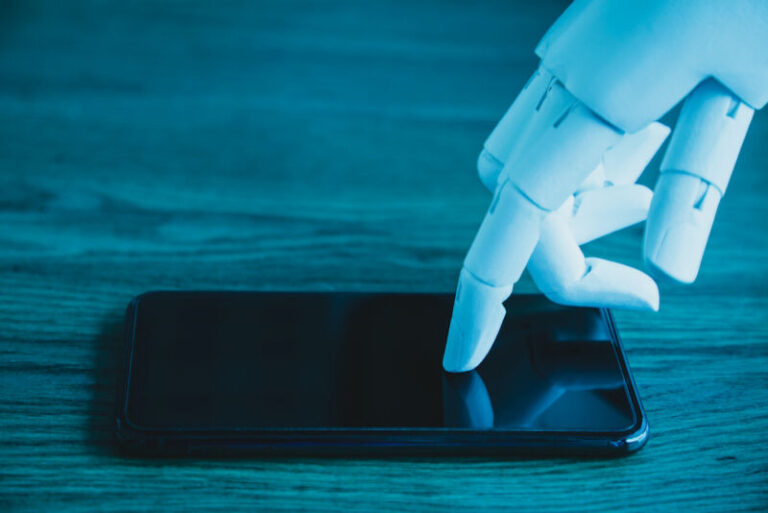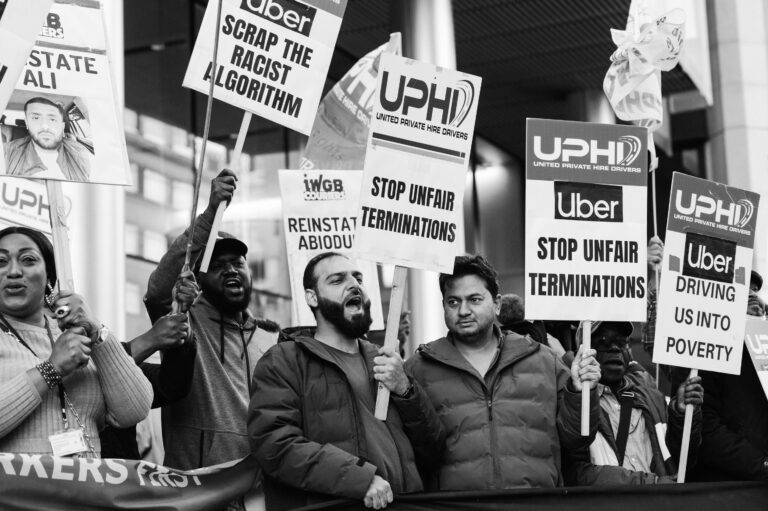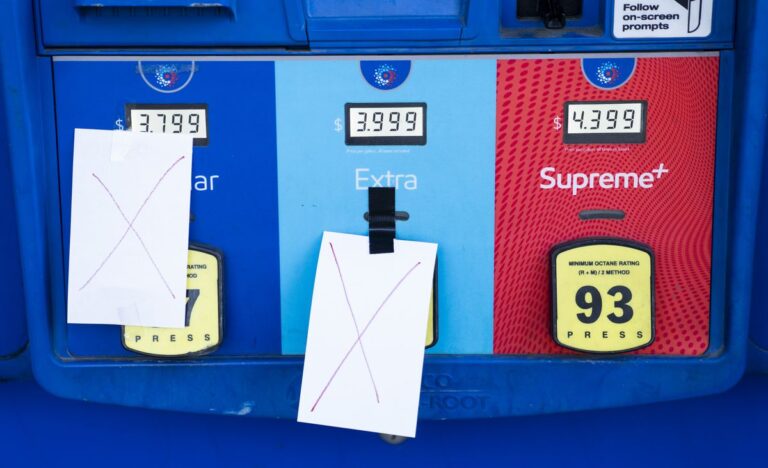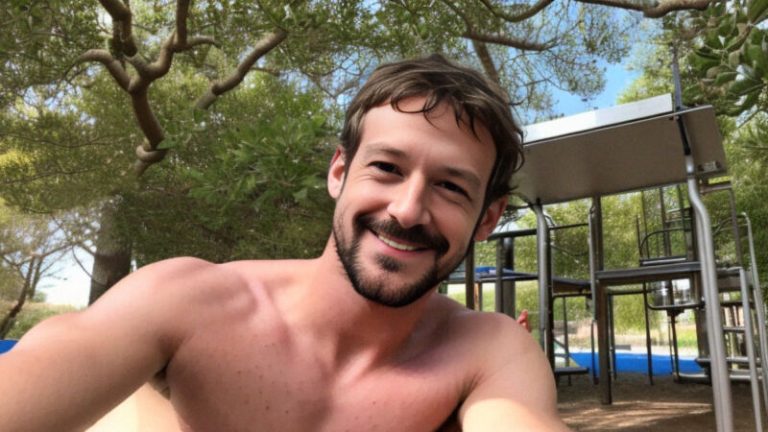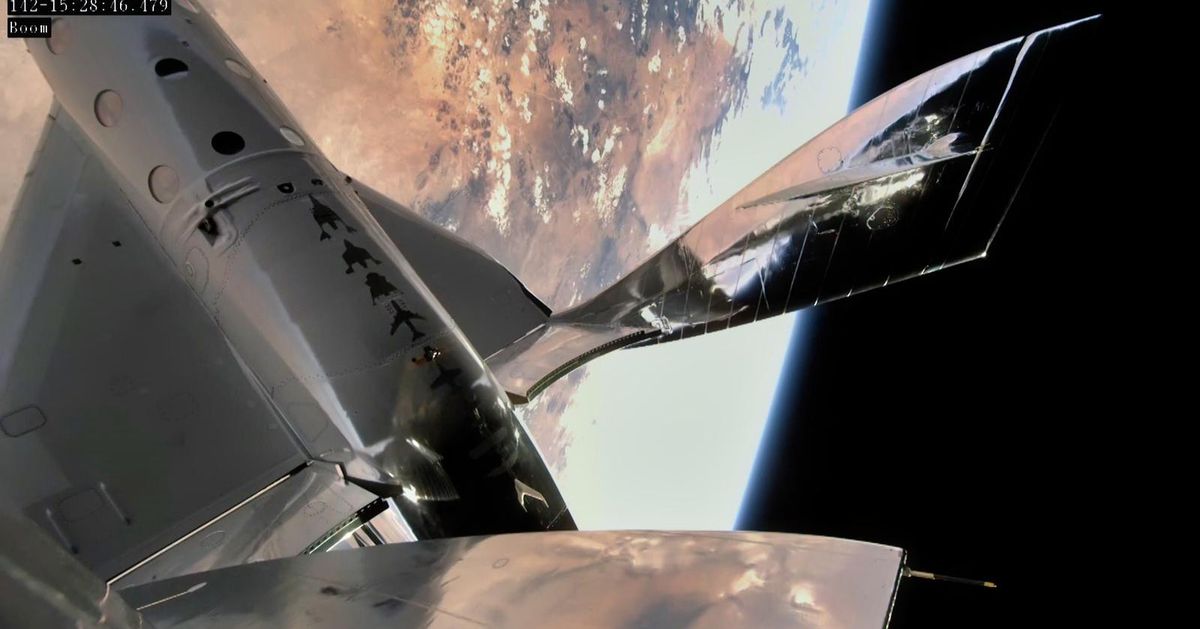
British businessman and billionaire Richard Branson has tried a lot of things in his life, from crossing the Atlantic by powerboat in record time to attempting to travel the world via hot air balloon (before crash landing). But his upcoming feat might be his most notable yet: traveling to space — and possibly beating fellow billionaire and space startup founder Jeff Bezos in the process.
This Sunday morning, Branson will join five other people on Virgin Galactic’s first full-crewed flight to space. If all goes according to plan, they’ll travel more than 50 miles above the Earth’s surface on the VSS Unity spaceplane, an airplane-like vehicle that will be carried by a mothership before reaching what NASA considers to be the border between outer space and Earth. The goal is to demonstrate that space tourism really is possible, and during the estimated 90-minute trip, riders will experience weightlessness and see stunning views of Earth.
The company is planning to livestream the flight on its website, as well as on Twitter, YouTube, and Facebook, beginning at 9 am ET.
Space tourism has long been an aspiration of Branson’s. The British businessman, whose terrestrial ventures through the Virgin Group include everything from a record company to air travel, founded Virgin Galactic back in 2004, just as the private space industry was starting to become competitive. In 2000, Amazon CEO Jeff Bezos founded Blue Origin, and two years later, Elon Musk founded SpaceX. For more than a decade, these private companies have been racing each other, launching test flights and preparing to send humans — including civilians — to space. At the same time, NASA has increasingly turned to these private space firms for its own work, including help with delivering payloads, training astronauts, and even returning to the moon.
“If you’re going to get people to pay to do this, most people aren’t going to pay to do that if there’s a relatively good chance that they’re going to die,” Janet Bednarek, an aviation historian at the University of Dayton, told Recode. “I think that’s in part why Branson is going on this flight. It’s signaling that this is now safe.”
If Branson successfully launches on Sunday, it will be a new milestone for Virgin Galactic, and one that will move humanity even closer to the age of commercial space tourism.
While SpaceX and Blue Origin have a range of other goals, including delivering payloads to the International Space Station, Virgin Galactic has stood out for its long-time focus on space tourism: the idea that people will be willing to dole out a lot of money for the opportunity to travel to space. “We hope to create thousands of astronauts over the next few years and bring alive their dream of seeing the majestic beauty of our planet from above, the stars in all their glory, and the amazing sensation of weightlessness,” Branson proclaimed back in 2004.
At the time, Branson predicted the company could send five-person trips to space for just $200,000, and that thousands of astronauts could be sent to space in the coming years. In 2019, Virgin Galactic became the first space tourism firm to go public, and in June, the company received the first-ever operator license from the Federal Aviation Administration, meaning that it now has permission to fly paying customers. Branson has also launched Virgin Orbit, a parallel company that launches satellites, where SpaceX is also competing.
Sunday’s launch will mean Branson and Virgin Galactic have come out ahead of Bezos and Musk in the private space race. While Branson has insisted he’s not trying to beat Bezos and Blue Origin to get to space first, he did announce his July 11 flight just hours after the Amazon CEO said he would take off on July 20. Bezos seems at least slightly piqued by Branson changing his launch date: On Friday, Blue Origin questioned whether Sunday’s Virgin Galactic flight will really make it to space, since the flight isn’t technically crossing the internationally recognized border, the Kármán line, about 12 miles higher than the NASA-recognized border.
Virgin Galactic’s journey to commercial space tourism has had its share of serious setbacks. In 2014, a test flight of the company’s SpaceShipTwo crashed, killing one co-pilot and leaving the other seriously injured. (The National Transportation Safety Board later attributed the crash to a co-pilot error and “failure to consider and protect against the possibility that a single human error could result in a catastrophic hazard.”) The Virgin Group, the broader conglomerate that includes the airline Virgin Atlantic and the gym Virgin Active, have also had to overcome the financial challenges of the pandemic.
The space flight effort faces the question of profitability too. “There’s a limited number of people who can actually afford to do this,” Bednarek told Recode. “If you’re going to go to scale, you also have to figure out how to bring the cost down, and that’s very difficult to do.”
Earlier this month, Branson said he thinks there’s enough demand for space travel for at least 20 different companies to compete in the industry. Thus far, the company says at least 600 people have made reservations for future Virgin Galactic flights, at a ticket price estimated to cost as much as $250,000. Last year, Virgin Galactic CEO Michael Colglazier said he thought the company could eventually bring in $1 billion a year in revenue and make spaceflight happen regularly, though he noted that the company would need more space planes and motherships to reach that goal.
And even if we’re still a ways off from widespread space tourism, Branson will soon have company: In just a few days, Amazon CEO Jeff Bezos is scheduled to journey to space for about 11 minutes in a BlueOrigin rocket, alongside other riders, including his brother Mark Bezos and a still-unnamed auction winner who bid $28 million for a seat on the flight.
From the beginning, New Shepard was designed to fly above the Kármán line so none of our astronauts have an asterisk next to their name. For 96% of the world’s population, space begins 100 km up at the internationally recognized Kármán line. pic.twitter.com/QRoufBIrUJ
— Blue Origin (@blueorigin) July 9, 2021
SpaceX, meanwhile, is scheduled to launch its first “all-civilian” flight later this year. On board will be pilot and billionaire tech entrepreneur Jared Isaacman, who founded the payments processor company Shift4Payments.
Only a few hundred humans have been to space, but that number seems to be accelerating pretty quickly.

